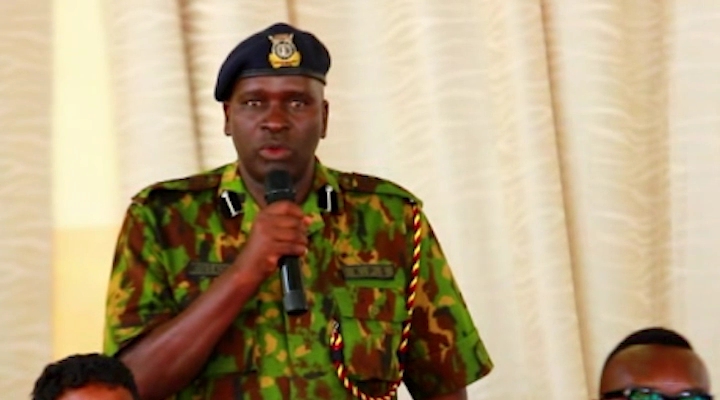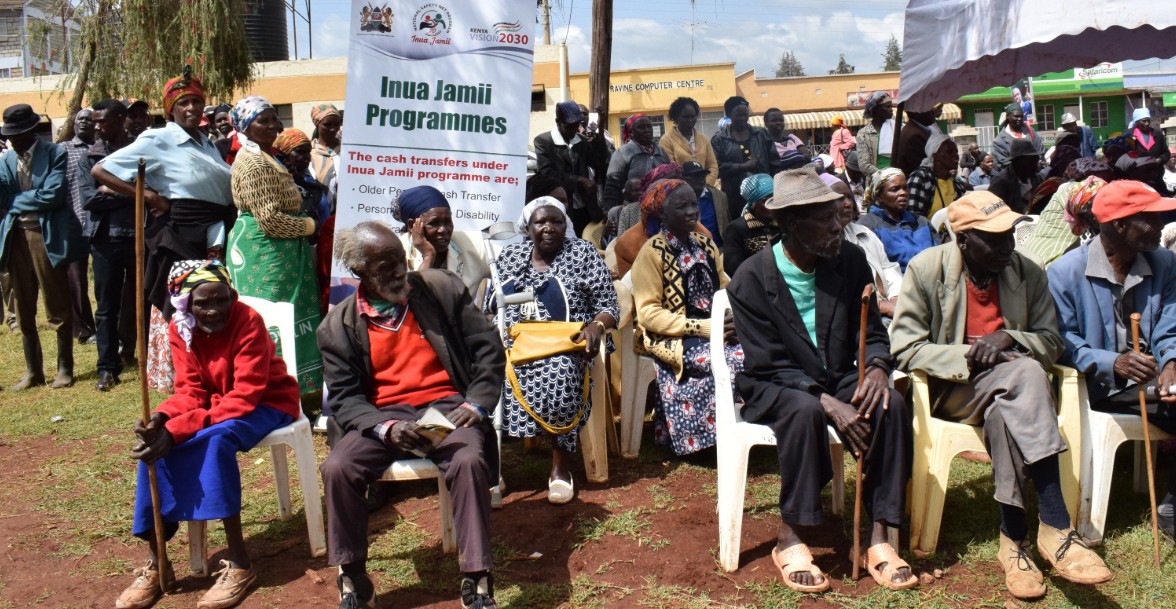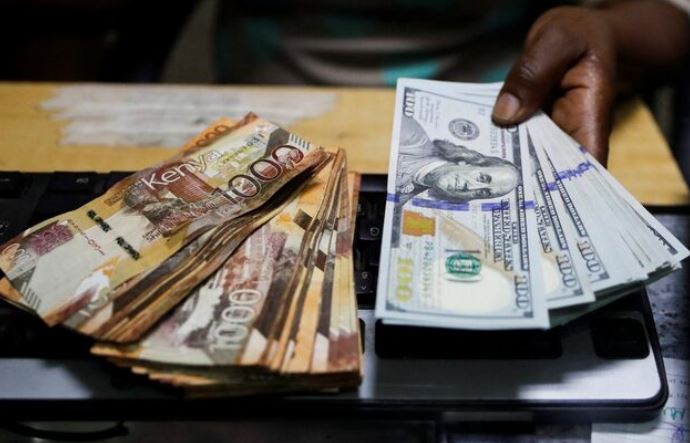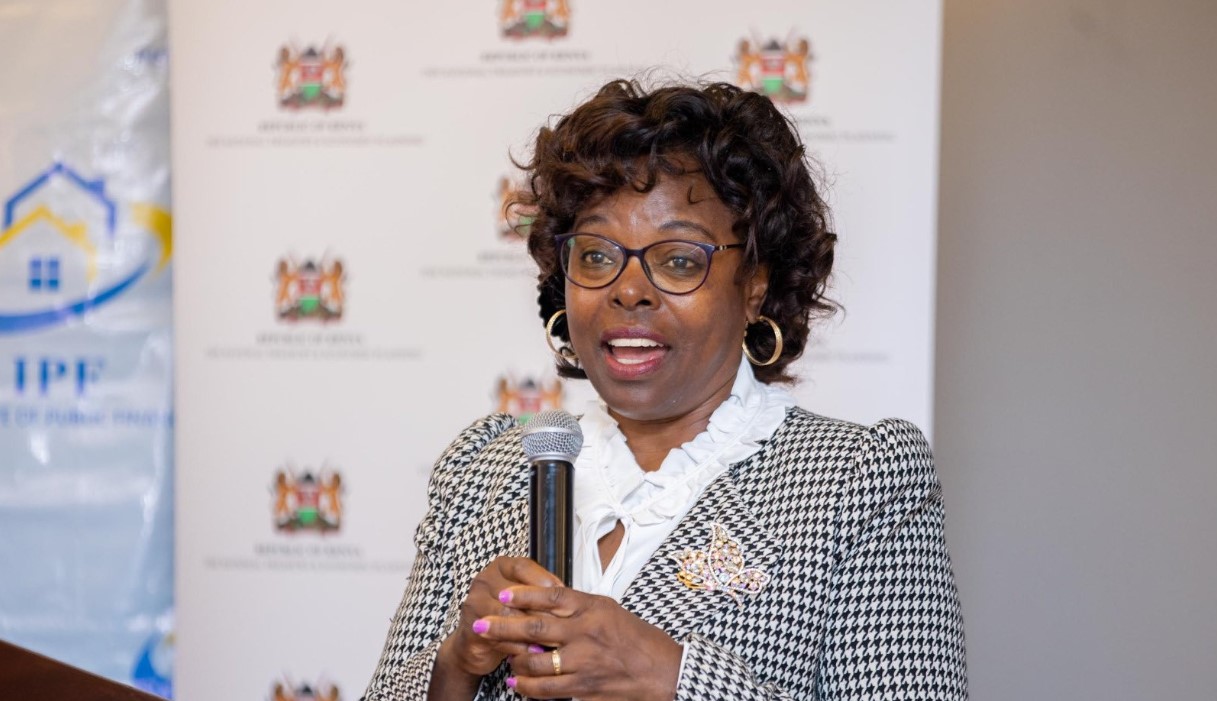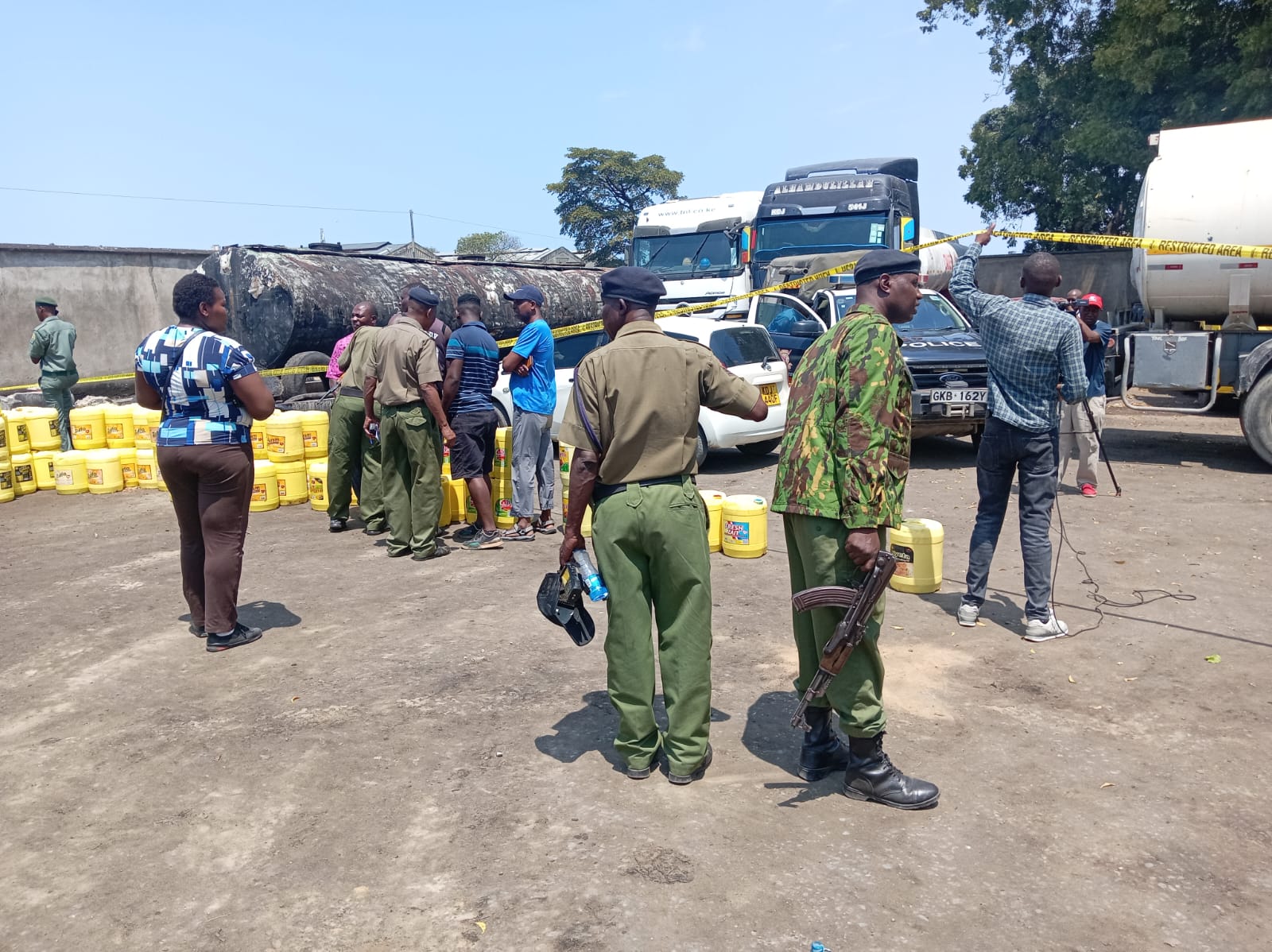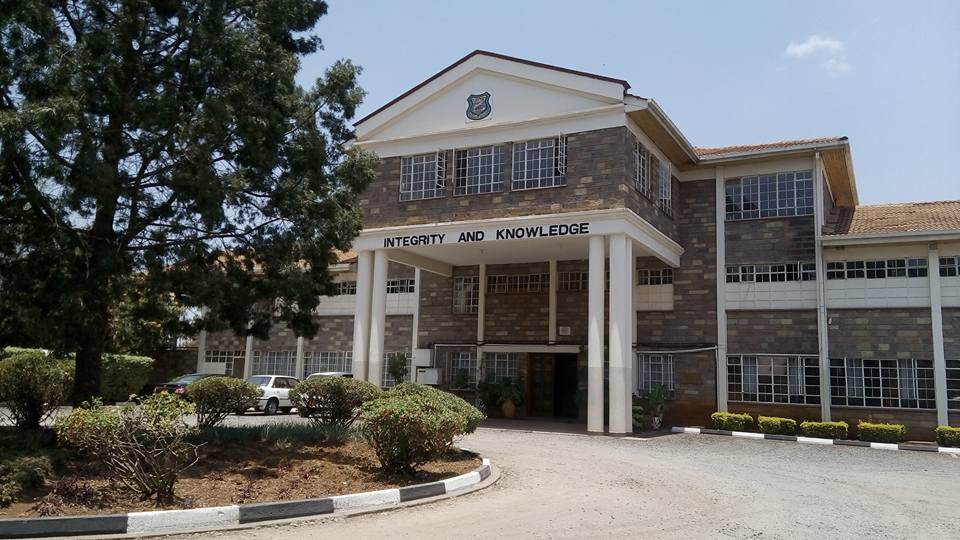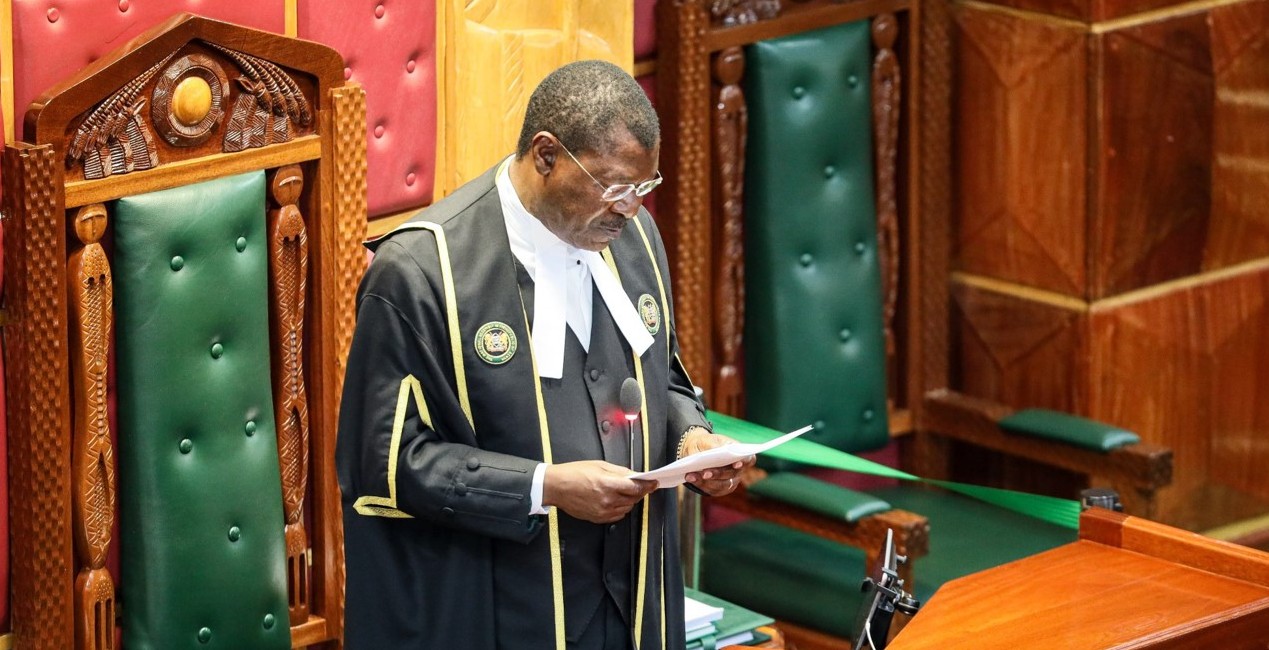Inside NTSA efforts to curb rising cases of boda boda accidents on Kenyan roads
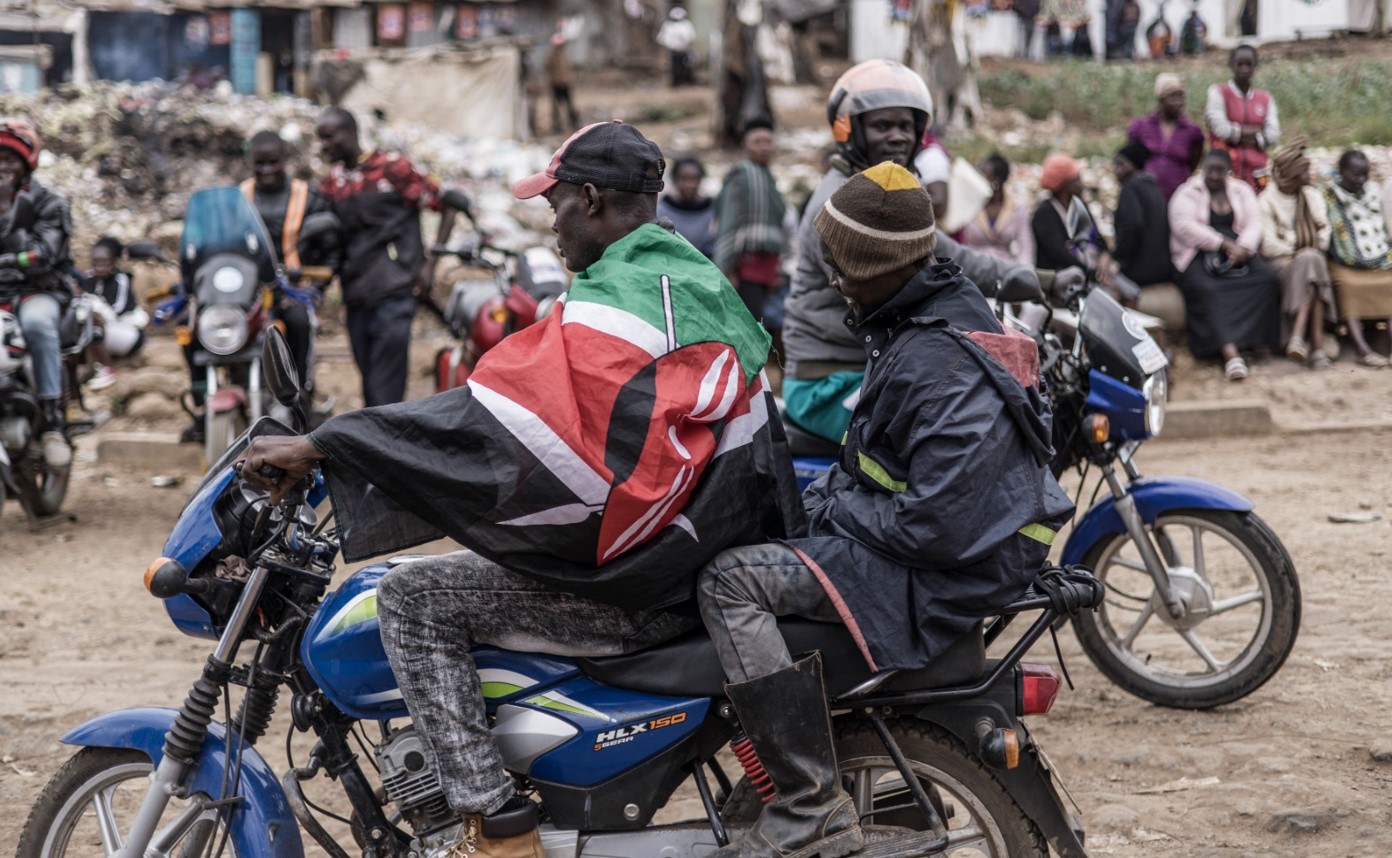
The authority will introduce anti-lock braking systems and set new safety standards for helmets and hazard signs.
Fatalities on Kenyan roads are climbing each year and the National Transport and Safety Authority (NTSA) reports that motorcycle accidents now cause more deaths than car crashes.
Every year, around 400,000 people join the bodaboda sector. With a small deposit, a guarantor, and a Kenya Revenue Authority pin, anyone can become a boda boda rider without any training.
More To Read
- Boda Boda Association disowns riders over recent cases of arson, violence as Murkomen vows crackdown
- Boda boda association calls for arrest of suspects in Thika Road vehicle torching
- Boda Boda operators urge Parliament to halt motorcycle regulation Bill, warn of economic fallout
- BAK slams Prof Makau Mutua’s call to ban boda bodas in major towns and cities
- Presidential advisor Makau Mutua calls for boda boda ban in Kenyan cities, major towns
- Boda Boda riders distance themselves from June 25 protests, call for calm
Many riders opt for backstreet training that lasts less than a day because it’s cheap.
Proper driving schools charge Sh6,000 for a month-long motorcycle training course, which is considered too expensive.
This shortcut often leads to deadly consequences as bodaboda operators continue to lead in road crash fatalities.
To address the issue, NTSA has introduced five new rules to improve motorcycle safety. These rules are part of the National Road Safety Action Plan 2024-2028.
One key rule is a new licensing system for motorcycle riders, aimed at setting higher safety standards.
The authority noted that with more high school dropouts becoming boda boda riders without proper training, this change aims to reduce risks.
“A detailed motorcycle safety plan will be created to tackle the main safety issues. We need a better understanding of the sector and the needed safety changes,” reads part of the plan.
Roads upgrade
NTSA also plans to upgrade road infrastructure to make it safer for motorcycles.
They will introduce anti-lock braking systems and set new safety standards for helmets and hazard signs.
NTSA also seeks to set up a lab to test helmets to ensure they meet Kenya Bureau of Standards (KEBS) safety guidelines.
The authorities will enforce stricter penalties for motorcycle offences to ensure law offenders get caught. These steps aim to reduce road violations, which have led to many deaths and property damage.
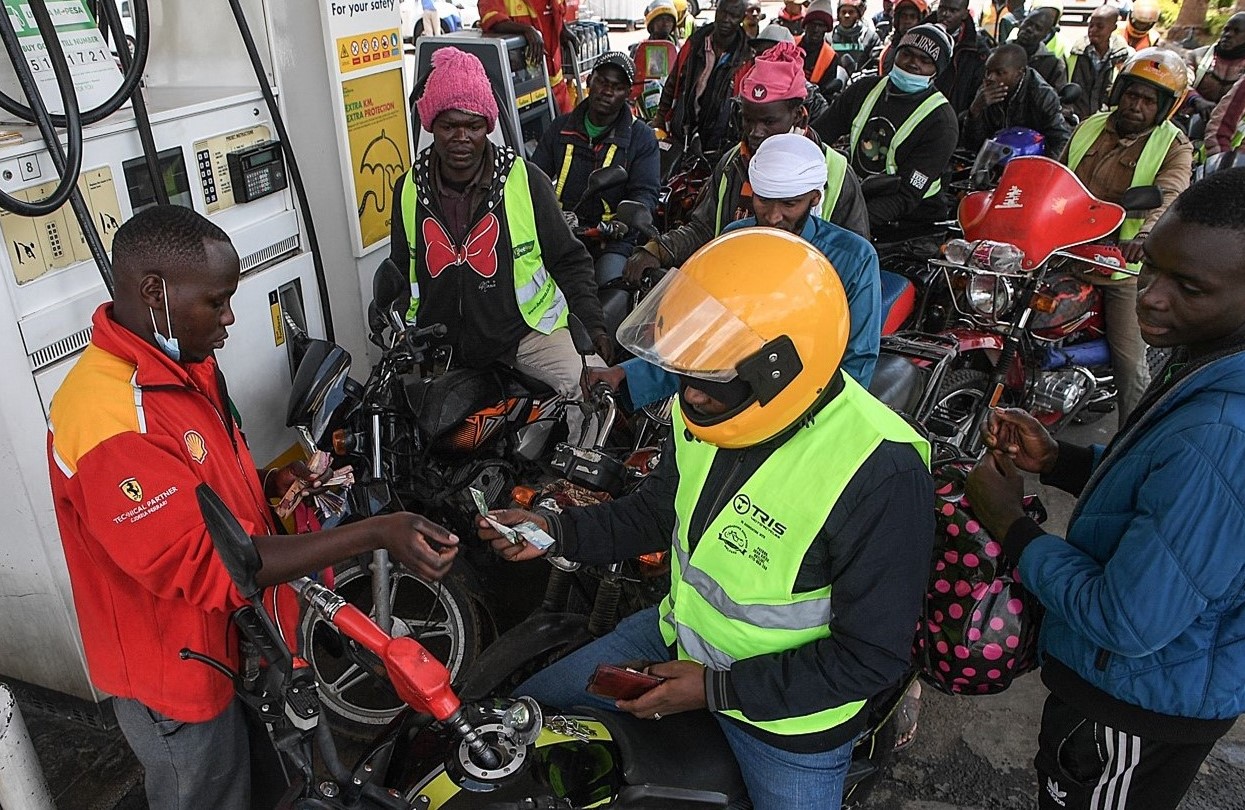 Boda-Boda motorcycle taxis queue for fuel at a gas station in Nairobi on April 4, 2022. (Photo: Simon Maina/ AFP)
Boda-Boda motorcycle taxis queue for fuel at a gas station in Nairobi on April 4, 2022. (Photo: Simon Maina/ AFP)
As highlighted in the action plan, all bodaboda operators will be required to join a Sacco comprising a minimum of 100 members.
The registered Saccos must then provide their registration details to the NTSA and the county government.
All Saccos who fail to comply with the guidelines will be identified and NTSA will ensure they are deregistered.
"'NTSA will work with police and county governments to effectively operationalise 2015 regulations on motorcycle transport. Existing NTSA will strictly oversee rules," reads part of the plan.
In another strategy aimed at promoting safety in the sector, NTSA in April 2024 signed a Memorandum of Understanding (MOU) with OYE Platform Solutions (OYE) to improve road safety for bodaboda operators in Kenya.
Financial safety nets
OYE, which offers financial safety nets for bodaboda drivers in Africa, including insurance for medical expenses, last expenses, permanent disability, and temporary disability due to accidents, will work with NTSA to organise NTSA/OYE open days.
At these events, bodaboda drivers will get training on road safety and how to respond to incidents.
NTSA Director General George Njao highlighted that the partnership will assist the authority with life-saving road safety education and training
“Bodaboda drivers are a crucial part of Kenya’s transport system but face major road safety challenges,” he said.
OYE Chief Executive Kevin Mutiso said the road safety programme aims to reduce accidents and save lives.
“OYE is dedicated to supporting the bodaboda community, not just with financial services, but by focusing on their safety,” he said.
Unruly riding has resulted in numerous fatalities on the Kenyan roads.
According to NTSA data covering January 1 to April 20, 2024, 356 boda boda operators died in road crashes this year, and the same number of bodabodas were engaged in crashes.
In 2023, bodaboda operators had 1,133 deaths, compared to 1,255 in 2022.
In 2021, at least 1,634 motorcyclists and their passengers died in crashes, the highest number of fatalities recorded.
The previous year saw 1,026 deaths from January to September.
In 2019, there were 1,421 deaths among riders and their passengers, compared to 1,049 deaths among drivers and their passengers.
Top Stories Today
